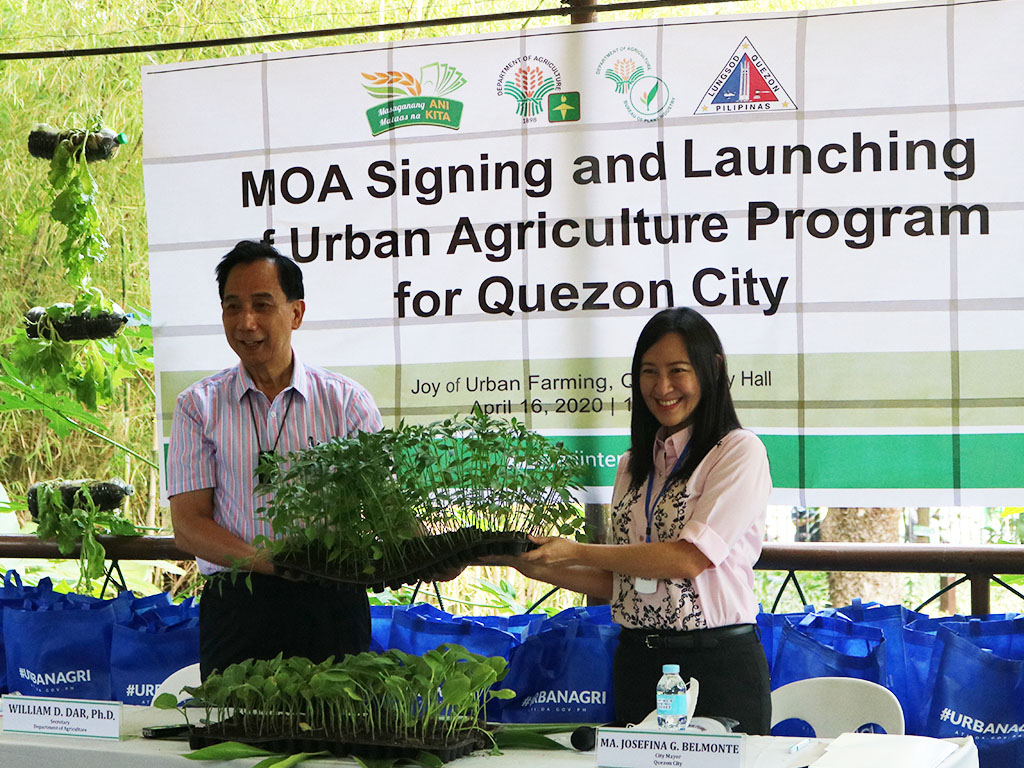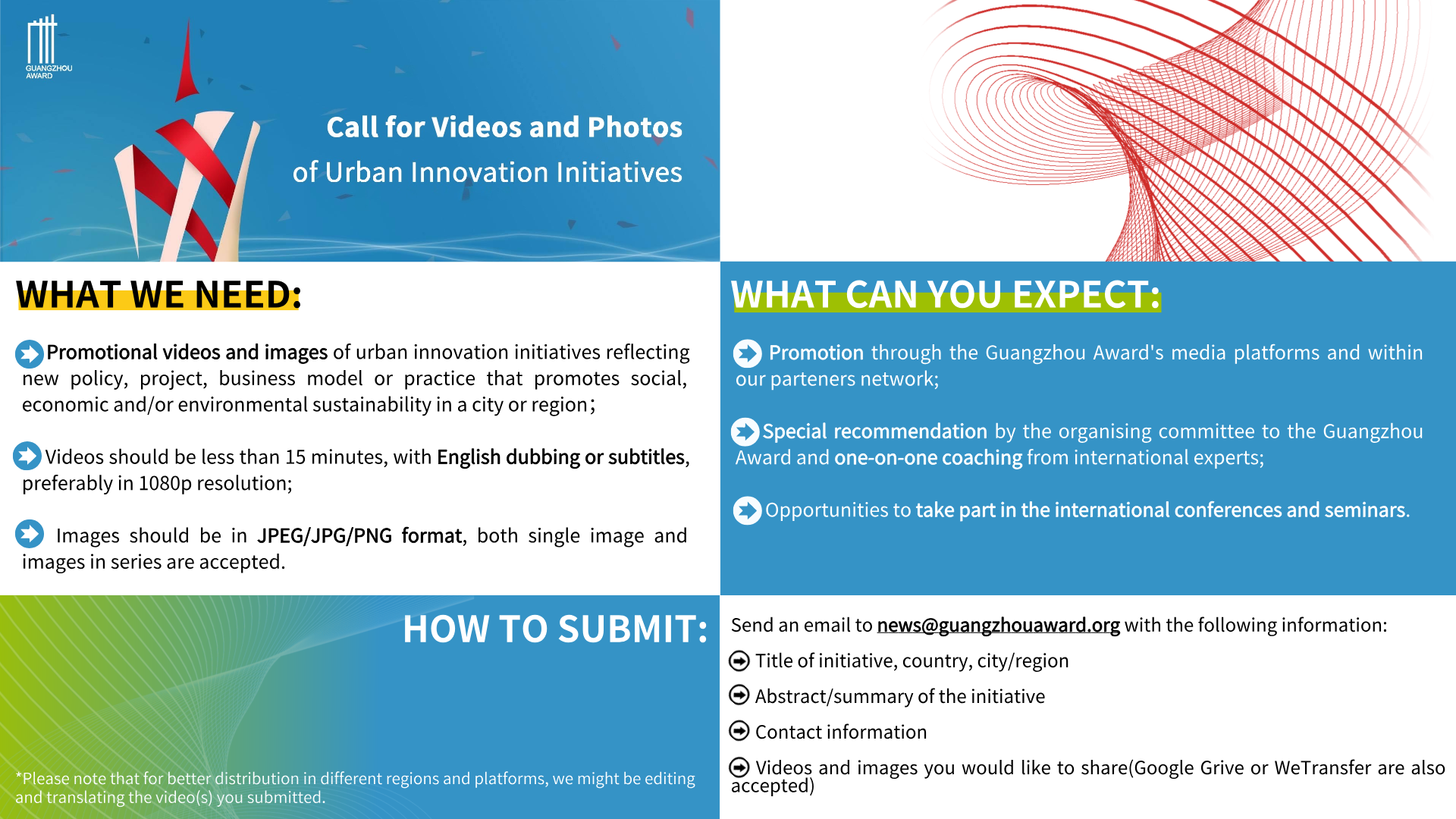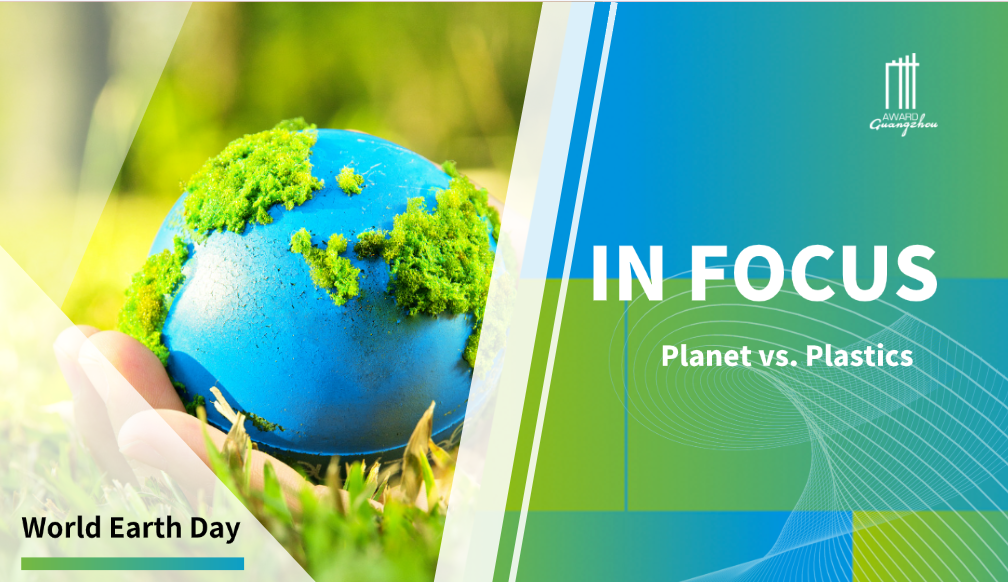Quezon City, Philippines
"Quezon City's Community-based Urban Farming Program"
BASIC CITY DATA
- Population size: 3,223,270
- Population Growth Rate(%):1.17
- Surface Area (sq.km): 166.2
- Population Density (people/sq.km): 182

ABSTRACT
Located at the heart of Metro Manila, the City benefits from a steady supply of food mainly from neighbouring municipalities and provinces, however, issues related to hunger and malnutrition continue to exist within vulnerable communities. Driven by the need to mitigate hunger in the City, then-Vice Mayor Joy Belmonte established the Joy of Urban Farming (JOUF), a community-based urban farming program in 2010, with the goal of supporting low-income households to grow nutritious food that can reduce household expenses as well as serve as an additional source of livelihood to augment their daily expenses. It is designed to demonstrate how residents can grow food through vertical gardening, container farming, and other techniques even in small urban spaces.
Quezon City's urban farming program is accessible to the public, with the City offering startup kits that include farming tools, seedlings, fertilizers, and soil. From household and backyard farming, the program has now evolved into a City-wide sustainable food system that strengthens food security, self-sufficiency and environmental sustainability.
BACKGROUND INFORMATION
Quezon City is committed to a sustainable urban future, aligned with the Paris Agreement and the UN Sustainable Development Goals (SDG). The City s Community-based Urban Farming program, rooted in addressing the needs of vulnerable communities, aligns with SDGs 2, 3, and 8. It supports the Good Food Accelerator goal towards a Planetary Health Diet by 2030 by the C40 Cities and the Milan Urban Food Policy Pact's aim to enhance food supply resilience. Further, this program has been a key contributor to Quezon City's green and just recovery post-COVID-19.
ORIGINS
A study by the Food and Nutrition Research Institute found that 62.1% of Filipino households experience moderate to severe food insecurity. In Quezon City, 47.5% of child malnutrition cases were linked to food insecurity. The city's Community-based Urban Farming program plays a vital role in addressing these challenges by tackling issues like micronutrient deficiency, food scarcity, unemployment, and the physical and mental health risks associated with food insecurity, which were also worsened by the pandemic.
Urban farming has been identified as a key strategy in the City's Enhanced Local Climate Change Action Plan (LCCAP) of 2021-2050. The Enhanced LCCAP, the roadmap that sets out the city's carbon neutrality and resiliency pathway, has set milestones to monitor the success of the program. One of these milestones is to transition household-level urban farmers into community providers, enhancing food accessibility and security, by 2030.
The program aims to empower communities by establishing sustainable and reliable urban farming systems to supply healthy food to households in every barangay, while also providing an additional income stream to vulnerable families. It also aims to strengthen the City's reliance on external food sources by connecting the farmers with the local food system. The program also provides an opportunity to enhance the urban landscape by converting idle lands into productive green spaces, thereby reducing the City's carbon footprint.
The City's Community-based Urban Farming Program is a showcase of adaptability to the changing urban landscape and is anchored on its innovative and multi-stakeholder approach to addressing social and environmental challenges.
The program is directly under the Office of the Mayor and has a dedicated team and annual budget to provide communities with local trainers and starter kits for urban farming, coupled with creating market opportunities and linkages where farmers can offer their produce to the public.
To boost community participation and institutionalize the program, the City Mayor issued Executive Order 32, Series of 2020, establishing a Food Security Task Force to develop agriculture zones and food zones and City Ordinance No. SP-2972, granting tax exemptions for idle land owners that allow the use of their property for community farms.
The program's success is attributed to the collaboration with national government agencies and community groups, for instance, the New Greenland Farm in Barangay Bagong Silangan, Metro Manila's largest urban farm, was a product of successful partnerships established with the Department of Agrarian Reform, Department of Agriculture, TESDA, the local Bread Society, the Quezon City Government and the community.
The same strategic framework applies to all community farms where it serves as a community engagement model for citizens and organizations that volunteer their time and resources to assist in land preparation, clean-up drives, and establishing market connections, fostering a sense of ownership among different stakeholders.
Under the Office of the City Mayor, the initiative has an annual budget allocation approved by the City Council, covering project implementation requirements, with personnel complement to provide training and assistance to urban farmers However, it goes beyond simply providing funding. It involves a comprehensive approach that creates mechanisms for sustainability by providing farm-to-market opportunities. In addition, partnerships with government agencies, NGOs, and the private sector secure the program's additional technical and financial support to sustain the initiative.
The program's design also leverages existing resources within the barangays and communities. The involvement of the different sectors in identifying the locations for urban farming and overseeing farm development promotes community-building among different stakeholders
INNOVATIVE ASPECTS
The City's Community-based Urban Farming program can be characterized as both evolutionary and revolutionary, reflecting its adaptability to the changing urban landscape and its innovative approach to addressing social and environmental challenges.
From backyard and household urban gardens, the program evolved significantly during the pandemic, becoming a stable food source and providing alternative livelihood for the unemployed and underemployed. Moreover, the heightened food insecurity during the pandemic drove its transformation from small-scale backyard gardening to a broader initiative that converted idle lands into productive urban farms, supported by a tax exemption ordinance.
The program is also considered revolutionary given its successful creation of green job opportunities that continue to expand, despite the constraints of having limited public space. From only 400 urban farmers before the pandemic, this number has grown significantly to over 18,000 as of date, with varying age, gender and social status.
Additionally, the program was successfully linked to the City's environmental efforts, promoting green spaces in a densely populated urban area, while also being integrated into the circular economy initiatives of the City Government, whereby the farm produce is now a source of nutritious food served in public settings, as highlighted in the City's Healthy Public Food Procurement Policy, along with the processing and conversion of food waste into soil conditioners that are given back to the urban farms.
DESIRED CHANGE OR OUTCOME
The program desires to increase the availability, stability and accessibility of safe and healthy food. Since its inception, urban farms in Quezon City have grown exponentially, with more than 700 to date, providing livelihood and additional financial support to over 18,000 residents as urban farmers.
On its education component, Quezon City University has opened its Center for Urban Agriculture and Innovation which develops different models of urban farms to meet the needs of diverse stakeholders. The Center provides training and development activities to enable QCU to mainstream urban agriculture into its curriculum.
The program has also partnered with TESDA to facilitate technology transfers and provide accredited training programs under the Certificate of Completion (COC) in Urban Agriculture. This collaboration is just one example of the program's extensive network of partnerships with national government agencies and civil society groups, all of which have significantly contributed to the program's growth and long-term sustainability.
Key Performance Indicators have been identified to monitor and assess the impact of the program, these include the number of urban farms established and the amount and quality of produce, the extent of partnerships established across various sectors (e.g., religious, LGBTQIA, women's groups), the associated green job opportunities, the market linkages developed for produce distribution and most importantly, how the project made an impact to the lives of the urban farmers and their families.
Environmental impact is also measured by monitoring the expansion of green spaces and the quantity of organic waste diverted from landfills through composting. These assessments are managed by different departments, with the Office of the Mayor overseeing most of the indicators and the Climate Change and Environmental Sustainability Department on the environmental impact.
Initially, the program focused on promoting backyard and household urban farms for the vulnerable sector in Quezon City. However, the pandemic highlighted the need for a more comprehensive approach to combat food insecurity. As a result, the program transitioned to a broader initiative involving the conversion of idle lands into productive urban farms, primarily targeting marginalized communities as they are the most vulnerable to food insecurity.
One of the primary objectives of the program is to address the issue of food insecurity, with a particular emphasis on vulnerable populations, especially marginalized individuals and communities. Among the 18,000 urban farmers who have benefited from the program, a significant portion includes elderly individuals, women, and persons with disabilities (PWDs), most of whom come from low-income backgrounds. These groups are particularly susceptible to food insecurity due to various socio-economic challenges.
Ultimately the program aims to impact all the 68,000 households within Quezon City.
RELEVANCE TO SUSTAINABLE DEVELOPMENT GOALS
Goal 3: Ensure healthy lives and promote well-being for all ages
Goal 8: Promote sustained, inclusive and sustainable economic growth, full and productive employment and decent work for all
Goal 11: Make cities and human settlements inclusive, safe, resilient and sustainable
Goal 17: Strengthen the means of implementation and revitalize the Global Partnership for Sustainable Development


 test
test Urban Innovation in China | Hainan: Transforming Mangroves into “Golden Groves”
Urban Innovation in China | Hainan: Transforming Mangroves into “Golden Groves” In Focus | Empowering the “She” in the Family
In Focus | Empowering the “She” in the Family In Focus | The World Earth Day: Planet vs. Plastics
In Focus | The World Earth Day: Planet vs. Plastics




















 Tel: +86 20 3780 4434
Tel: +86 20 3780 4434 Email: info@guangzhouaward.org
Email: info@guangzhouaward.org Address: Rm 1609, FuLiXinTianDi, No.307 Guangzhou Dadao Zhong, Yuexiu District, Guangzhou, Guangdong, 501600, PRC
Address: Rm 1609, FuLiXinTianDi, No.307 Guangzhou Dadao Zhong, Yuexiu District, Guangzhou, Guangdong, 501600, PRC




